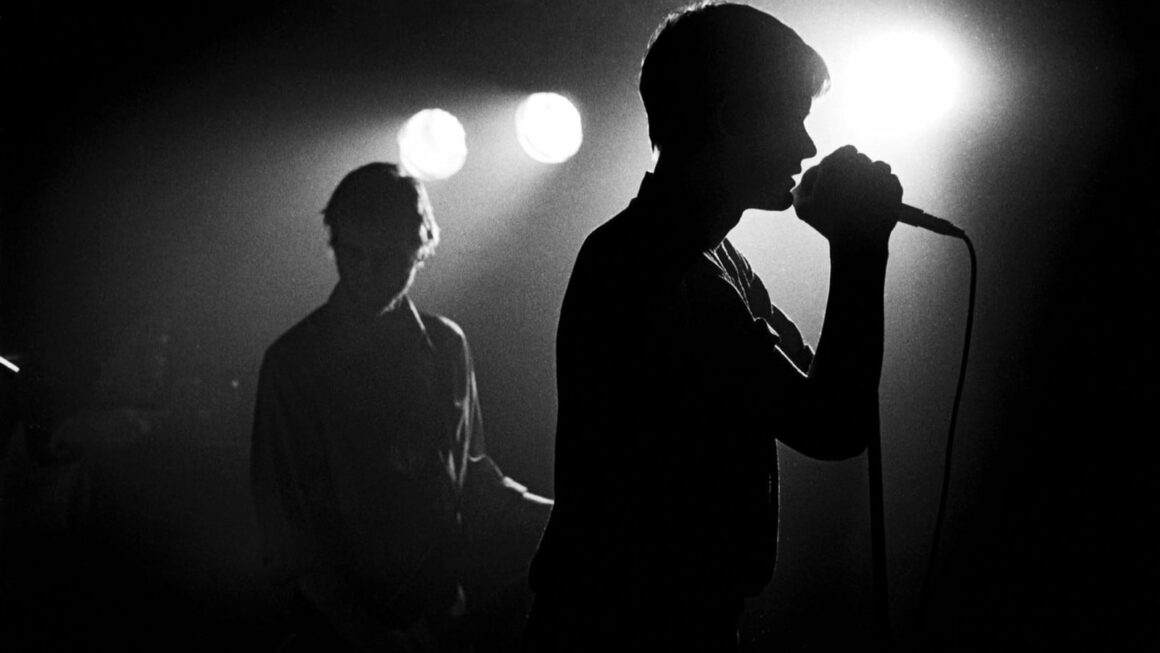
Breaking Down Billy Idol’s “White Wedding”
A cynical and creatively bold take on the changing moral norms during the 80s.
Released on Billy Idol’s 1982 self-titled album, “White Wedding” is at first a baffling and bizarre concept with a seemingly unholy mash-up of latex suits, Christian iconography, gravedigging, marriage, churches, medical equipment, and much more. However, when taken into context of the era the song was written in, Billy Idol’s concept begins to appear as a slightly cynical and nevertheless creatively bold take on the changing moral norms of the time.
A white wedding, traditionally one which meant that the bride was still a virgin, could be taken in several different ways based on the listener’s moral leaning. Either as an outdated, puritanical concept or as a connection to times of greater chivalry before the decadence and debauchery of rock and roll came into play. In addition, any interpreter of the accompanying music video could also consider the fact that a subtle genius such as Billy Idol could be satirising these two opposing opinions in society from a neutral point of view.
The eighties were one point further down the line from the first waves of rebellion that came with rock and roll and the very early proto heavy metal of Led Zeppelin and Black Sabbath. It is in this social climate that goth appeared, with a way of rebelling that looked more towards futuristic imagery and synthesizers as opposed to turning the amps up to 11. Simply by being different – and by being in some ways deeper and more emotionally complex than the rest of the musical scene – goths and new wave acts managed to give themselves quite a particular edge.
By exploring taboo emotions and unusual states or conflicting opinions, they set themselves apart as slightly dangerous. This is shown in the conflicting imagery of the video and in Billy Idol’s slightly sarcastic tone as he works his way through the lyrics. The song’s upbeat synths and its drum pattern also help it sit somewhere between pop, rock, and with the lyrics, also the darker side of goth. It’s this genre ambiguity that makes “White Wedding” appeal to those who sense the change and flux of back in the day. In fact, it lures people in with something slightly uncanny and new compared to anything fans of the individual genres are used to.
The video for “White Wedding” combines the debauchery of rock and roll with the irony of the implication that it may not be a white wedding after all – and that Billy Idol knows this. The lyric “shotgun” refers to the practice of shotgun marriages, which involved pregnancy and as a result were done relatively on the fly. Therefore, the idea of there being a layer of rock and roll debauchery and hedonism which lies underneath the still relatively conservative practices of the era is the underlying theme of the song. This is something that also works well with the incongruous imagery and the combination of metaphors of death and sex alongside crosses and churches.
In essence, the white wedding and whether it really is one or not can act as a metaphor for the conflicting moral norms of the era, with coffins and graveyard imagery a poetic goth analogy for the death of or loss of innocence that went along with this. The irony in Idol’s voice as he sings could partly be related to the cynicism he felt around rock and roll culture and the death of something he associated with England. To that comes the fact that the song was written at a time when British bands were competing with American glam rock, early punk, and new wave as well.
Significantly, Billy Idol also tells a story about his sister in the context of the inspiration for the song. It came at a time when she was pregnant and he was going on tour. It is hard to say whether the song is pro- or anti- marriage or whether it takes any form of moral judgment at all. Nevertheless, the context of pregnancy, marriage, and traditional family life was contrasted with some of the excess the band would have seen within the music industry.
This layer of contrast and the burgeoning of new social mores is another way the song encapsulates a changing era and the surreal nature of the life surrounding Billy Idol and the rest of the bands. Idol was once quoted as saying “I supposed leaving home, and leaving England and suddenly faced with a new life again it did make me think there’s nothing fair in this world”. From this comes the warning to the “little sister” mentioned in the song that “there’s nothing safe in this world” and “there’s nothing pure in this world”. Reflected in the turbulence, both of the time period and of the collection of jarring and juxtaposed imagery through its lyrics and video, “White Wedding” appears as a rather overwhelming collection of different cultural references.
Overall, a wedding is a turning point – one that marks a change in life, regardless of what that change may be. It is against the backdrop of a changing world that this particular white wedding, whether truly fitting the definition or not, takes place. Therefore, Billy Idol simultaneously sums up the change of leaving home and going on tour, as well as the change involved in a marriage and in the social norms of the era as a whole. The song’s meaning is in its first apparent difficult to decipher – showing what it’s all about in feeling as opposed to through any in-depth analysis.
Featured Image by John Biehler









